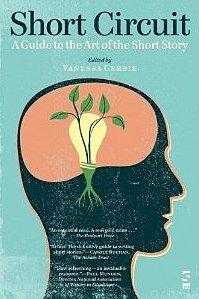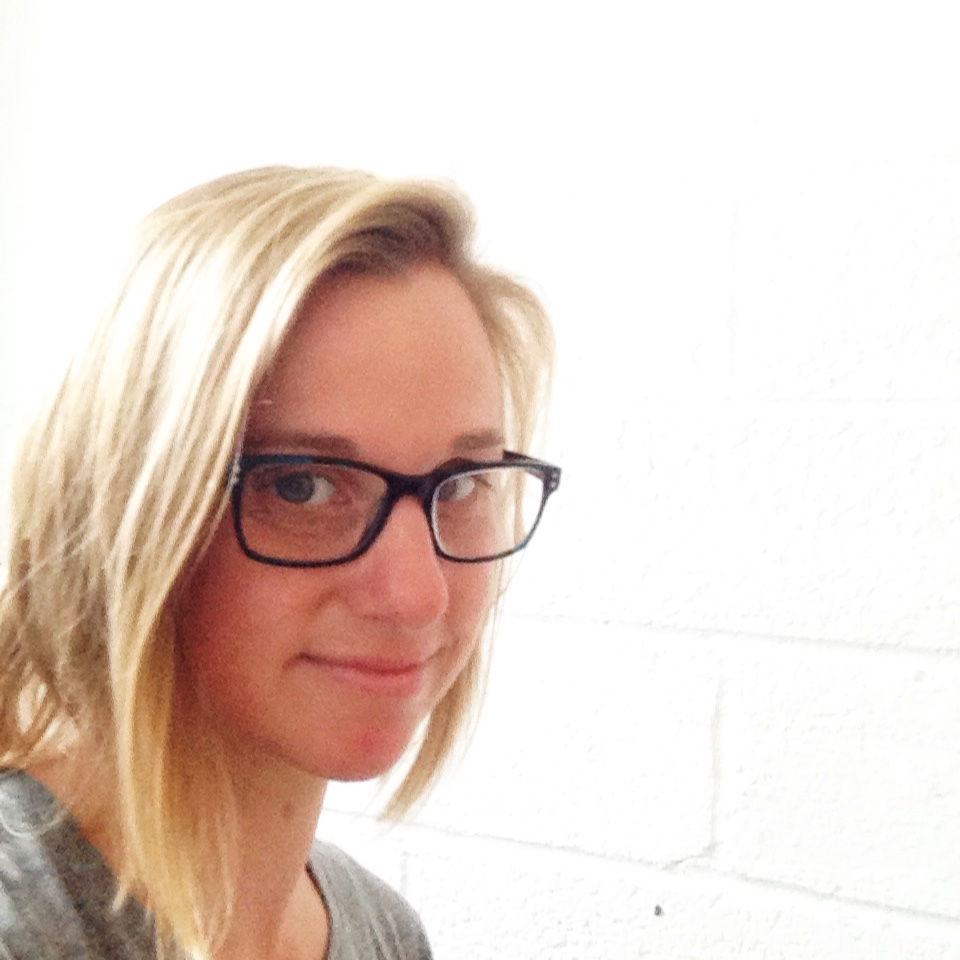
('Reading' © Dennis Grailich, 2014)
*
WRITING EXERCISE: TABOO
by JO GATFORD, WRITERS’ HQ
*
Short stories have been here since the dawn of time. Based in the oral tradition, they’re the apocryphal family legends grandma used to tell us over Christmas dinner; they’re the school-yard urban myths; the sleepover ghost stories; the soliloquies in our diaries; the wine-soaked rants to that random person you cornered in the kitchen at that party after so-and-so dumped you. Short stories are all around us. We absorb them, adapt them, mix them up and forget them. So what makes a truly memorable story – one that you want to read and read again, pass on and recommend? Chances are, it has an element of taboo about it. Perhaps it runs a little too close to the edge of being comfortable. Perhaps it challenges your preconceptions in some way. Perhaps it vocalises something you thought only you felt, deep down; something you’ve never uttered to another soul. We just can’t help it being drawn to the forbidden and ask… ‘what if?’
you want to read and read again, pass on and recommend? Chances are, it has an element of taboo about it. Perhaps it runs a little too close to the edge of being comfortable. Perhaps it challenges your preconceptions in some way. Perhaps it vocalises something you thought only you felt, deep down; something you’ve never uttered to another soul. We just can’t help it being drawn to the forbidden and ask… ‘what if?’
As a writer, you might feel uneasy writing about a taboo, or delving into a subject that feels controversial, but as Alison Macleod explained in ‘Writing and Risk-taking’, from Short Circuit: A Guide to the Art of the Short Story, breaking through your own self-consciousness is a vital part of writing truthfully:
Every story that matters to a reader – every story that hums with a meaning greater than the sum of its words – was once little more than a risky act of faith for the writer. If there was just one thing I could say to you, it would be that you don’t get anywhere without the risks. [Writers] need to not be afraid. They need not to worry what people will think. They need to move beyond polite conversation. On paper, they have to be real. They need, at times, to explore what is supposed to remain covered; they need to say what might be unsayable or even unspeakable.
On a fundamental level, the plot of any story can be reduced to: a character who wants something they can’t have. Where it gets really interesting is when that ‘something’ is totally out of bounds. Flirting with someone else’s lover. Saying ‘Macbeth’ in a theatre. Opening Pandora’s Box. Reading a banned book. Speaking Voldemort’s name. Riding your big sister’s bike. Slipping your boss a roofie and harvesting their organs. Something taboo.
For this writing exercise, your task is to come up with a situation concerning a taboo – it might be an object, a person, a word, a feeling, a place, a type of behaviour – anything at all, so long as it’s completely forbidden. Now consider:
• Why does your character want this forbidden thing so badly?
• What are they prepared to do to get it?
• What happens if they fail?
• What happens if someone finds out?
Remember: the taboo can be as solid or abstract as you like, internal, external, or completely imaginary – forbidden love, a locked door, a sexual fantasy, an ethical quandary, a religious restriction, a cultural prohibition, an illegal act, a life-and-death situation, or a moral conflict.
If you’re finding it hard to come up with an idea, think back to a time in your childhood when you came across something utterly out of bounds. Who warned you against it? Did you disobey? Why? Was it worth it? And what do you wish you’d done differently? (For even more inspiration, you could try PostSecret – a weekly list of real life anonymous secrets posted from around the world – often containing something on the theme of taboo.)
Now find yourself twenty to thirty minutes to write, uninterrupted. Make a cup of tea. Turn OFF the WiFi. And write.
~
 Jo Gatford is a writer who procrastinates about writing by writing about writing. Her novel White Lies won the Luke Bitmead Bursary and was published by Legend Press in 2014. She runs the monthly Brighton Writers’ Retreat and is one half of Writers’ HQ. Find out more at www.jogatford.com.
Jo Gatford is a writer who procrastinates about writing by writing about writing. Her novel White Lies won the Luke Bitmead Bursary and was published by Legend Press in 2014. She runs the monthly Brighton Writers’ Retreat and is one half of Writers’ HQ. Find out more at www.jogatford.com.
Writers’ HQ runs procrastination-busting local writing retreats in Sussex, England, and productivity-boosting online writing courses, including novel plotting, novel editing, getting published, writing short fiction, and finding inspiration. The Writers’ HQ 6-week online Writing Short Fiction course starts on the 5th of June – try a free taster week here for more writing exercises and inspiration. www.writershq.co.uk | Facebook.com/writershq | @writers_hq

